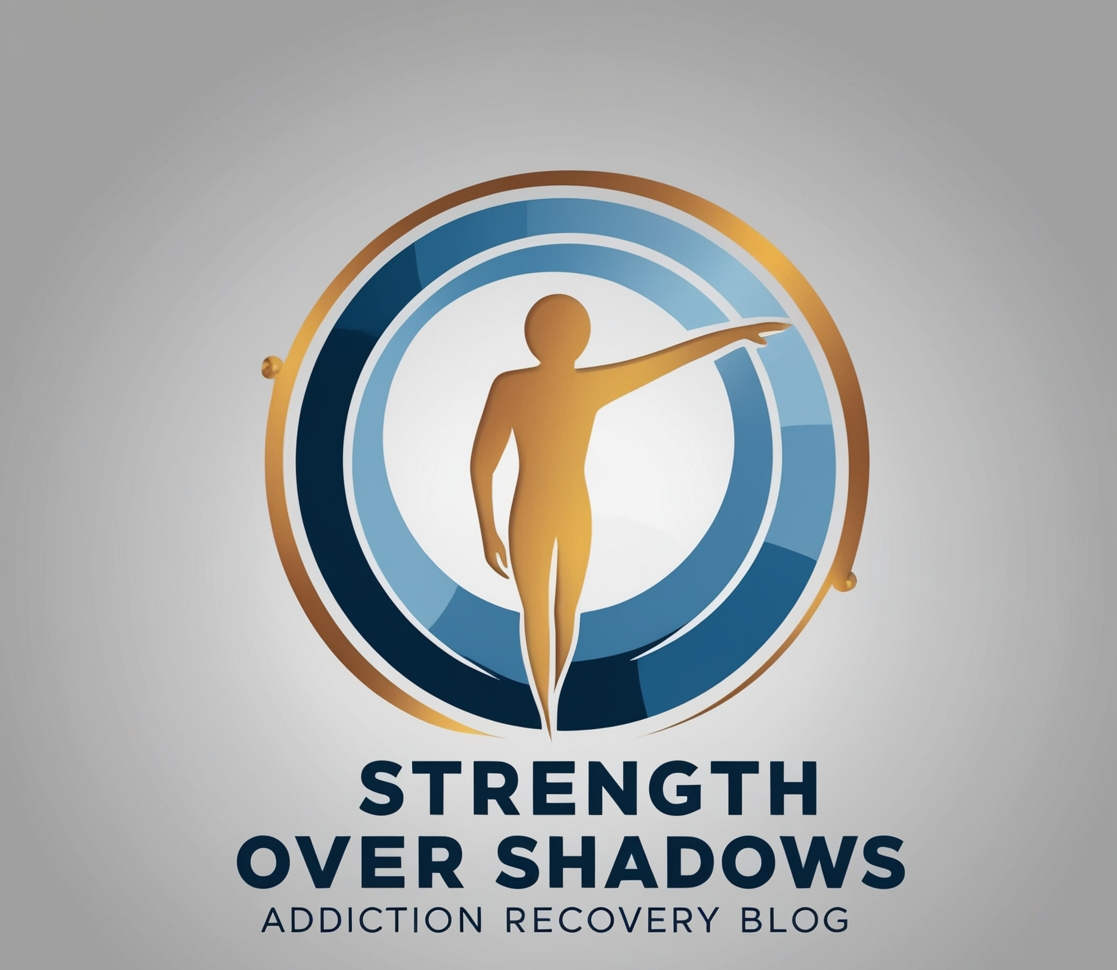Introduction
Relapse can be a difficult and discouraging experience, but it does not define failure. Instead, it offers a valuable chance to reflect, learn, and grow. By approaching setbacks with forgiveness, accountability, and honesty, you can transform them into stepping stones toward lasting recovery.
Embracing Forgiveness
Experiencing a relapse often triggers feelings of guilt and frustration. Practicing self-forgiveness is an essential first step toward healing. Acknowledge that making mistakes is part of being human. Instead of dwelling on the misstep, focus on understanding what happened and how to move forward with compassion for yourself. Let go of self-criticism to create space for growth and renewal.
Taking Responsibility Through Accountability
Accountability plays a crucial role in navigating the recovery process after a setback. Taking ownership of your actions allows you to identify the circumstances that contributed to the relapse. Whether it involves recognizing certain triggers or acknowledging choices that didn’t align with your goals, being honest with yourself empowers you to make meaningful changes. Engaging with a trusted support system, such as a friend, mentor, or recovery group, can further reinforce this sense of responsibility and encourage continued progress.
The Transformative Power of Honesty
Honesty is a cornerstone of recovery, especially in overcoming relapse. Being truthful about your struggles—both with yourself and others—helps dismantle feelings of isolation and secrecy that can hinder progress. Open communication fosters trust and builds a solid foundation for long-term healing. Seeking guidance from professionals or leaning on your support network allows you to address challenges head-on and find solutions collaboratively.
Turning Setbacks Into Opportunities
Relapses can reveal important insights about the recovery journey. Instead of perceiving them as failures, treat these moments as opportunities to learn and adjust. Reflect on the triggers or patterns that contributed to the setback, and use that understanding to develop stronger coping strategies. Each setback offers a chance to refine your approach and build resilience, transforming difficulties into a source of strength.
Building a Support Network
Having a reliable support system is vital for overcoming relapse. Accountability partners or supportive groups can help you stay grounded and focused on your goals. Their encouragement and understanding create an environment where you can openly share your experiences and work collaboratively to overcome obstacles. A strong support network not only reinforces accountability but also reminds you that you are not alone on this journey.
Conclusion
Relapse is not the end of the recovery process; it is a natural part of growth and self-discovery. By embracing forgiveness, holding yourself accountable, and practicing honesty, you can turn setbacks into opportunities for transformation. Each step forward, no matter how small, signifies progress. Remember, recovery is a journey of resilience, and every effort brings you closer to the person you aspire to be.

0 responses to “Relapse is Not the End: Turning Setbacks into Comebacks”